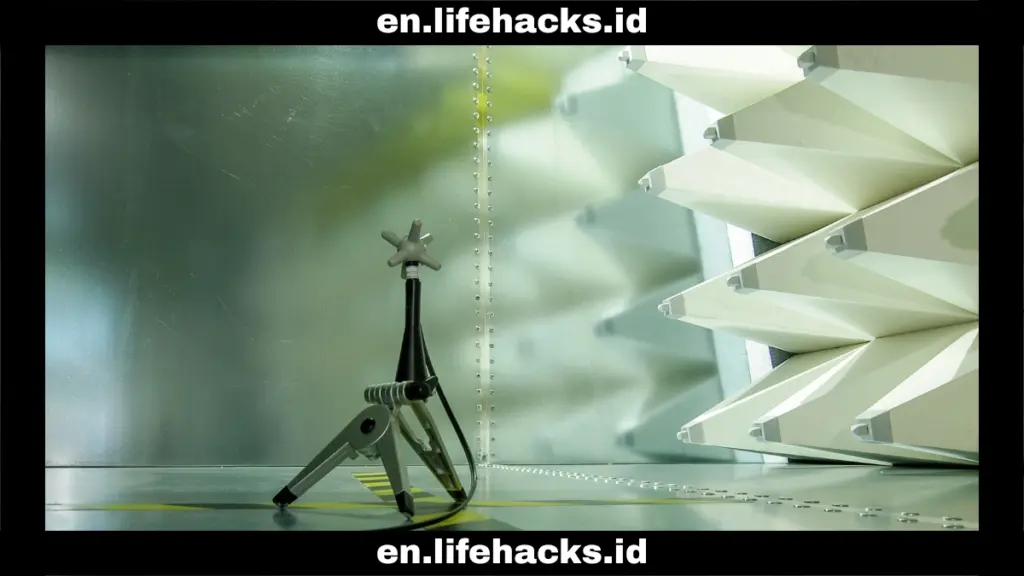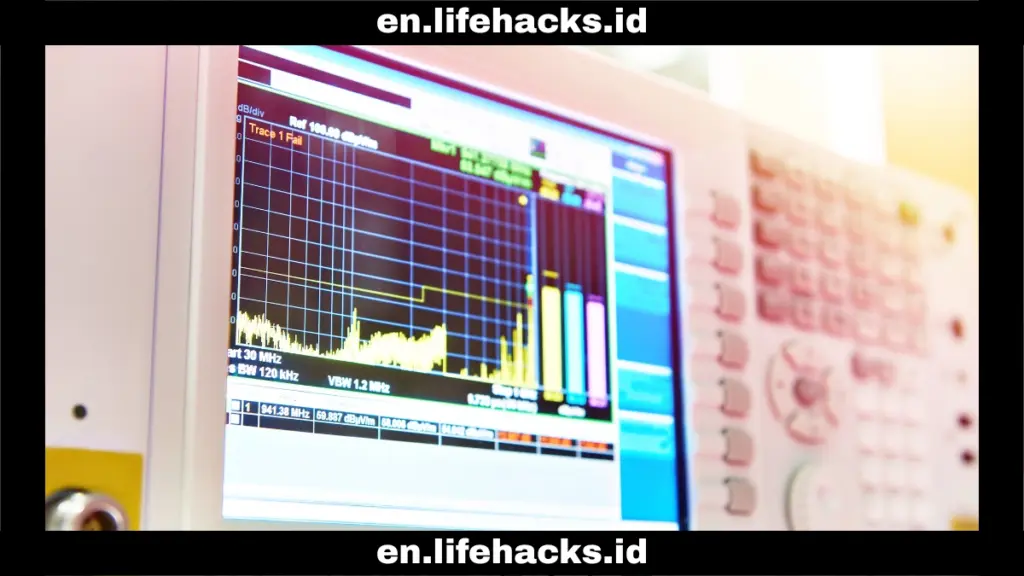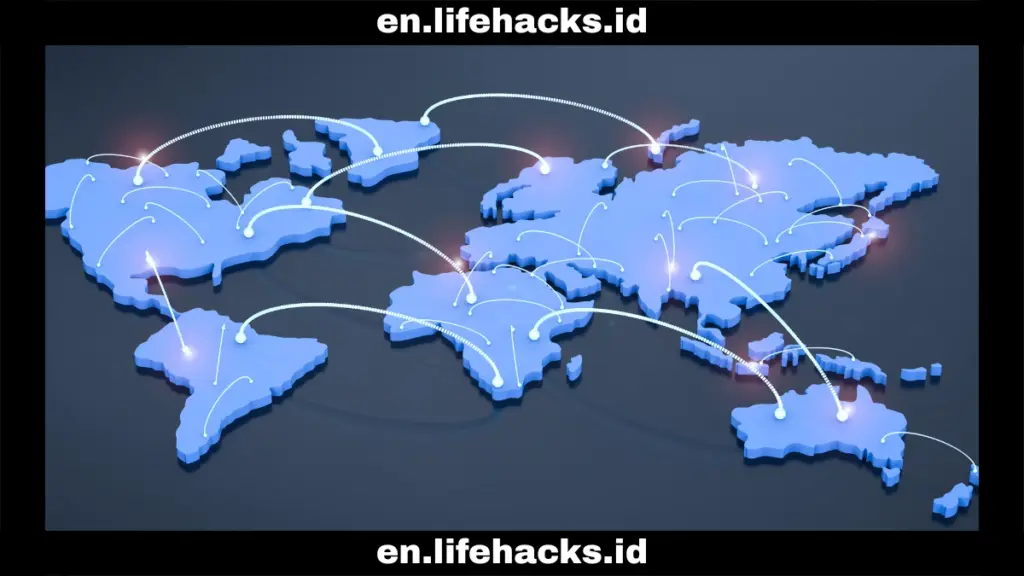Radio frequency devices, such as WiFi signal amplifiers, RFID, and Internet of Things (IoT) devices, can interfere with each other. Therefore, some standards must be complied with to market devices in all countries.
Devices that want to enter the global market must undergo different Electromagnetic Compatibility (EMC) approval and certification processes in each country. This process is a form of permission to import devices. Approved products can operate optimally without interfering with other devices and still meet applicable safety standards.
Manufacturers, distributors, and importers must understand the various EMC approvals and certifications required in each country. The goal, of course, is to facilitate the trade of products in the international market.
Why EMC Is a Business Issue?

Electromagnetic Compatibility (EMC) refers to the ability of electronic devices to operate without causing or experiencing interference from other devices in an electromagnetic environment. EMC testing encompasses two primary aspects: electromagnetic emissions and immunity to electromagnetic interference.
Electromagnetic emissions measure the amount of electromagnetic interference generated. Meanwhile, device immunity to electromagnetic interference measures the device’s ability to operate without being disturbed by emissions from other devices.
Electronic products that have not undergone EMC type approval and certification may experience signal interference, performance degradation, and malfunctions. In fact, there may be dangerous safety risks that could harm users.
EMC interference can hinder shipments, cause product returns, and delay the entry of the product into the market. The impact on the manufacturer’s finances will be significant due to the need for redesign, retesting, and production delays.
What EMC Testing Actually Covers

To obtain EMC type approval and certification, several types of tests are conducted. Here are the seven most common EMC tests:
- Radiated emissions tests: Measure the amount of electromagnetic waves unintentionally emitted by electronic devices.
- Conducted emission tests: Measure electromagnetic interference emitted through the device’s power or signal cables.
- Flicker tests: Evaluate whether the device causes excessive electrical load fluctuations, which can interfere with voltage stability.
- Radiated RF electromagnetic immunity tests: Measure a device’s resistance to exposure to external electromagnetic waves.
- Electrostatic discharge (ESD) immunity test: Measure the device’s resistance to electrical charge surges caused by electrostatic discharge.
- Surge immunity test: Measures the device’s resistance to large voltage surges, such as those caused by lightning strikes or sudden power disturbances.
- Harmonic test: Measures the amount of harmonic current generated by electronic devices.
The Global Regulatory Framework for EMC Type Approval and Certification

EMC approval and certification are processes that ensure compliance with technical, safety, and radio frequency compatibility standards. This will facilitate the use, trade, and import of devices into a country.
In the ASEAN region, EMC regulations are regulated at the national level in each country, with efforts underway to harmonize standards through Mutual Recognition Agreements (MRAs). The goal, of course, is to accelerate the circulation of products in the regional market. This step is beneficial for manufacturers targeting cross-border exports in Southeast Asia.
Several types of EMC approvals and certifications in Asia:
- DJID Certification: Indonesia
- SIRIM Certification: Malaysia
- NBTC Certification: Thailand
- IMDA Certification: Singapore
- NTC Certification: Philippines
- MoST Certification: Vietnam
- TRC Certification: Cambodia
- WPC ETA and TEC MTCTE Certification: India
Dimulti, as a product compliance specialist, opens up opportunities for EMC approval and certification services outside the Asian market. This allows manufacturers to enter international markets without restrictions.
Choosing a Compliance Partner

All complex EMC approval and certification processes in each country will be easy with the right partner. Dimulti is here as a product compliance service ready to help meet your needs.
With our team of experienced experts, we will help you manage efficiently all aspects of the compliance certification process. Here are the services you will receive:
- Ensuring that products comply with applicable standards and regulations
- Reviewing technical documents until they are ready to be submitted
- Managing communication with regulators
- Arranging all necessary testing in laboratories in accordance with the standards applicable in each country
- Acting as a local representative (if required)
- Assistance for importers/distributors
- Certificate renewal/extension
Dimulti has extensive expertise and a proven track record with over 15 years of experience in the type approval industry. This has enabled us to build a global network with partners in various countries. Ready for us to help you penetrate the international market?